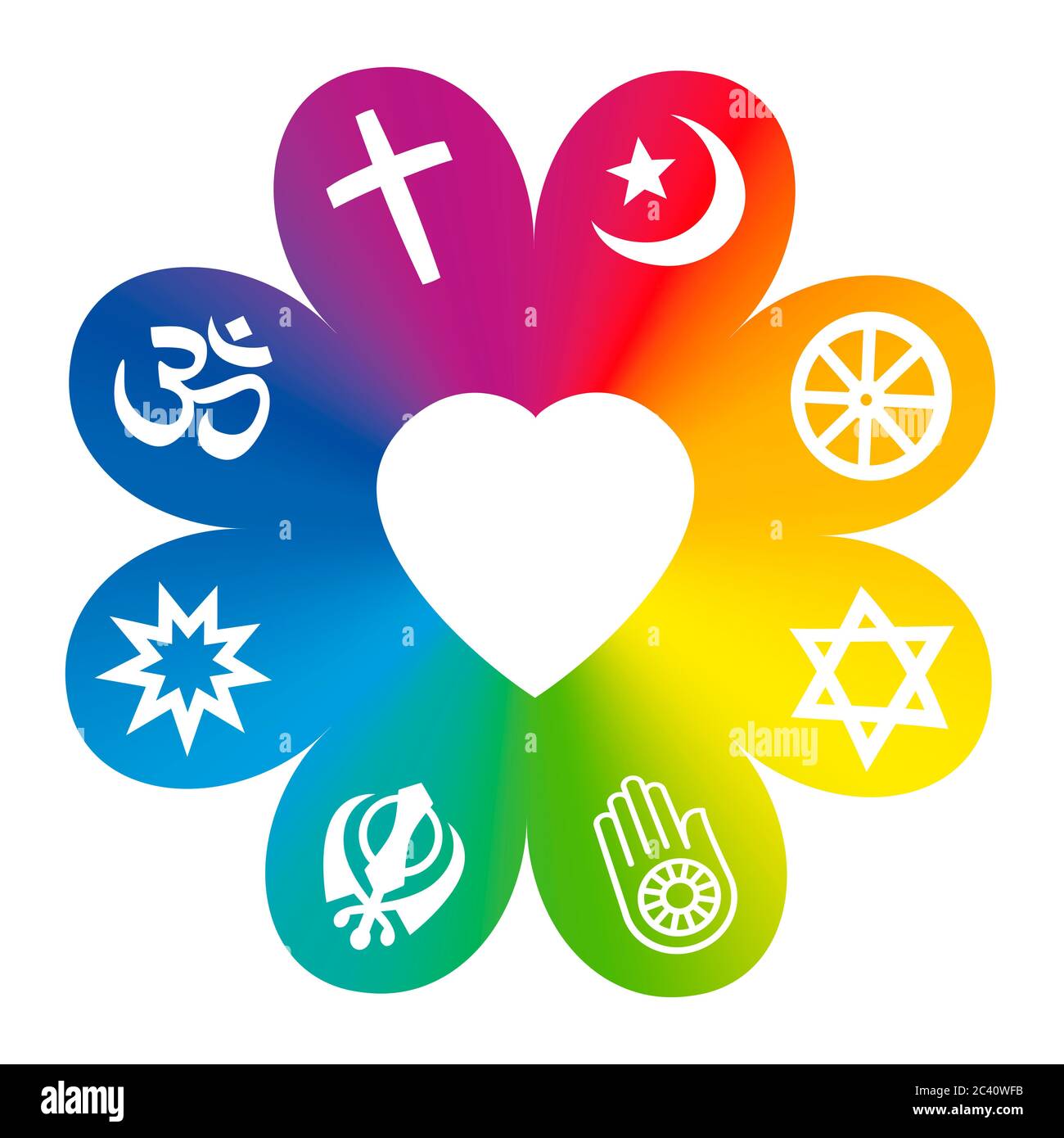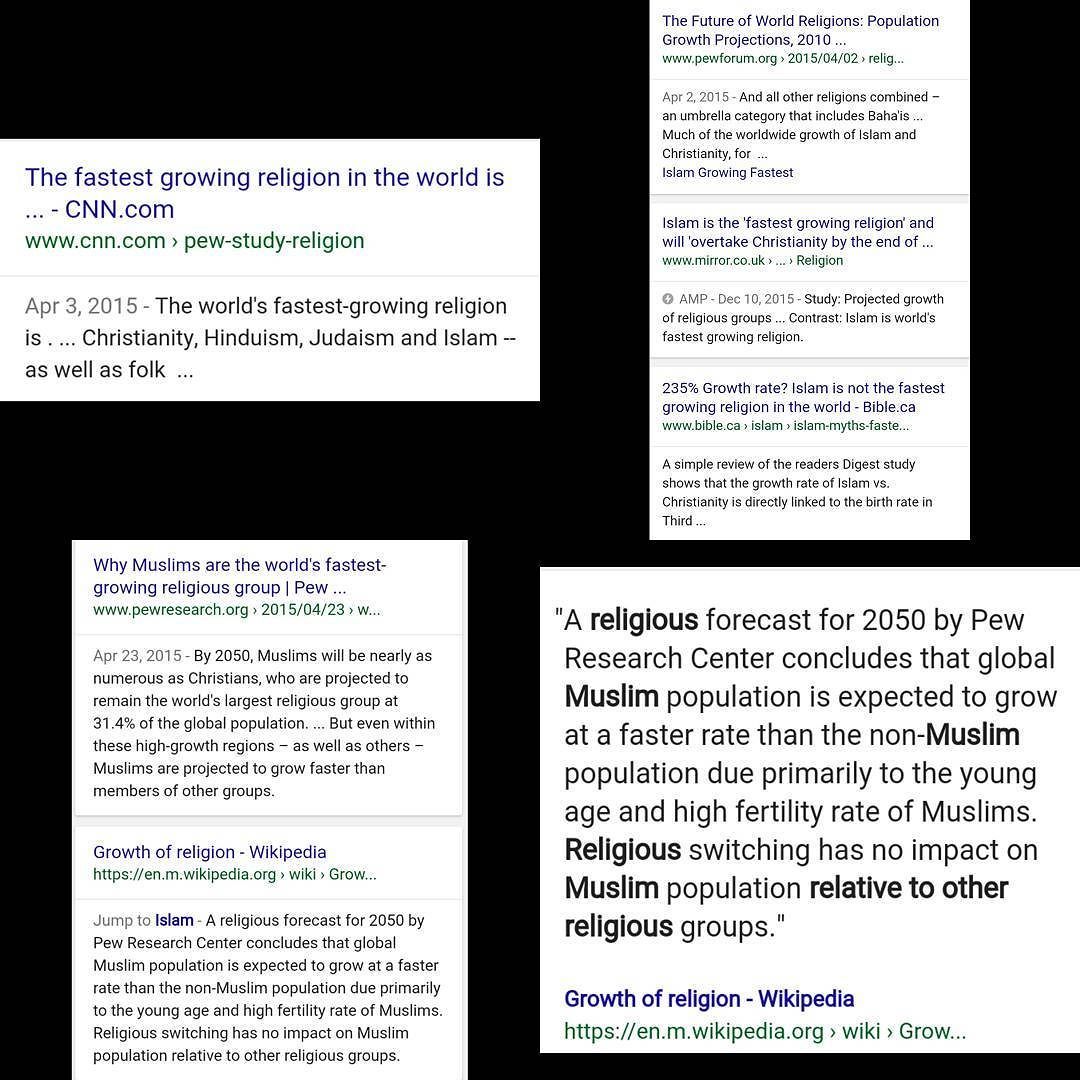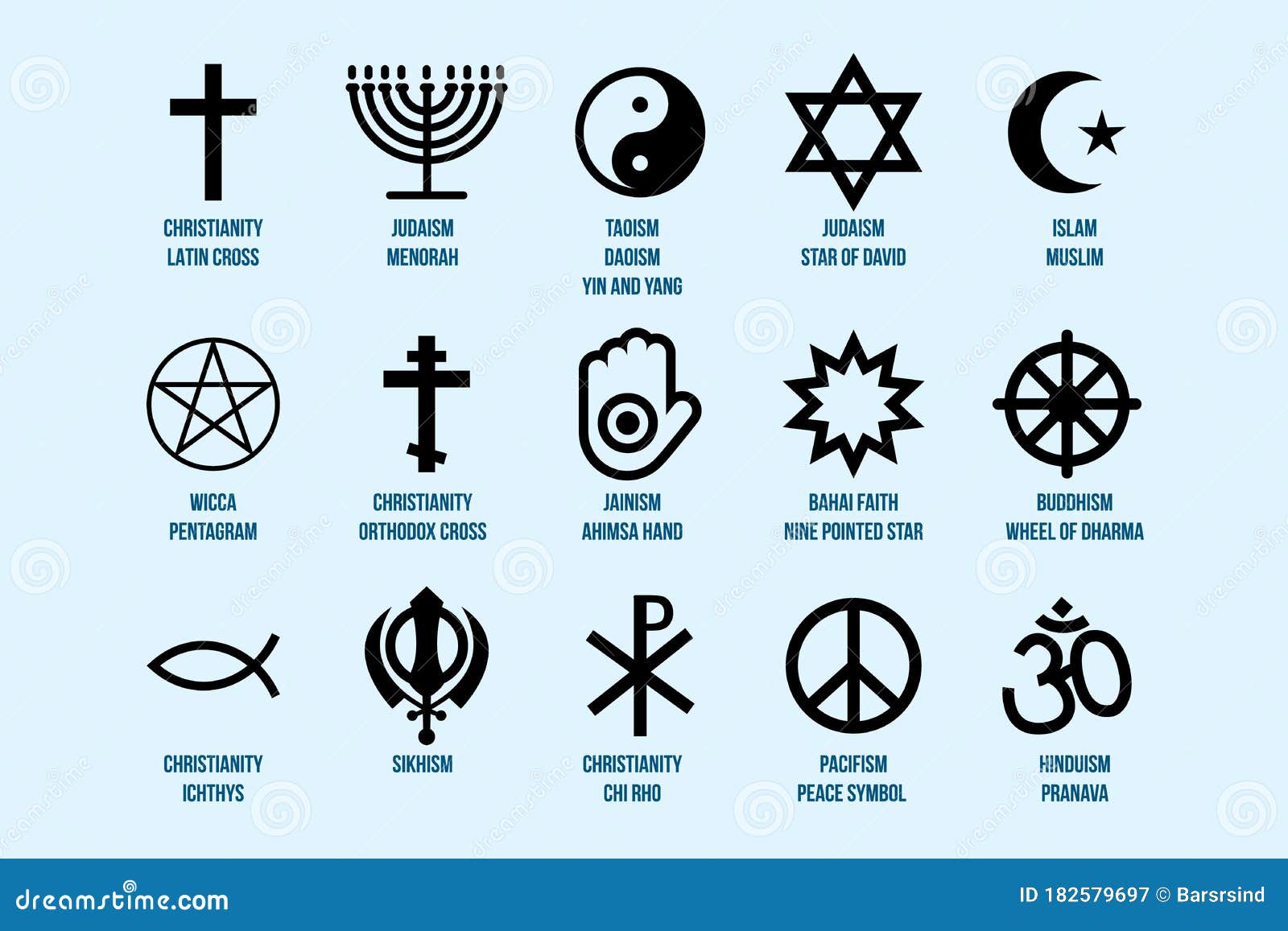The Enduring Importance of Religion: Understanding Belief and Its Societal Impact
Introduction
Religion has been a defining force in human civilization, shaping cultures, influencing laws, and guiding moral values for millennia. Today, understanding why religion remains important and why people continue to believe is essential for anyone seeking to grasp the complexities of society, identity, and human motivation. This article explores the enduring significance of religion, the factors driving individual and collective belief, and the tangible ways religion continues to impact lives across the globe.
Why Is Religion Important?
Religion serves as a foundational pillar in many societies , providing a shared set of values, ethical frameworks, and a sense of meaning. From ancient civilizations to the modern era, religious traditions have offered answers to existential questions, fostered community cohesion, and inspired movements for social progress. According to the Bahá’à International Community, religion motivates individuals to develop spiritual qualities such as compassion, justice, and sacrifice, which are vital for the betterment of communities and the establishment of social order [1] .
Modern research confirms that religious practice is associated with numerous positive outcomes. For example, religion can improve health, learning, self-control, and empathy , and reduce the incidence of crime, addiction, and anxiety [2] . These benefits extend beyond the individual to families, communities, and entire nations, making religion a powerful agent for both personal and social stability [5] .
The Social Role of Religion
Religion’s impact on society is multifaceted. It shapes cultural norms, ethical expectations, and even political landscapes [4] . Throughout history, religion has provided a moral compass, fostered unity, and guided the development of laws and social institutions. Even today, religious organizations offer essential services such as education, healthcare, and poverty relief, often filling gaps where government or market solutions are insufficient [3] .
Recent global surveys show that a median of 77% of adults in 36 countries believe religion helps society, particularly in regions such as Asia, the Middle East, and Africa [5] . Religion is generally seen as encouraging tolerance, strengthening social bonds, and promoting charitable behavior.

Source: dextertrainingconcepts.com
Why Do People Believe in Religion?
Belief in religion is driven by a combination of personal, psychological, social, and cultural factors. Some of the most common reasons include:
- Search for Meaning : Religion provides answers to fundamental questions about existence, purpose, and what happens after death. This search for meaning is a universal human experience.
- Community and Belonging : Shared beliefs foster a sense of belonging, offer emotional support, and create social networks. Religious communities often serve as extended families, providing connection and care during times of need [1] .
- Moral and Ethical Guidance : Many people turn to religion for guidance on right and wrong, helping them navigate complex life decisions and ethical dilemmas [4] .
- Tradition and Identity : Religion is often deeply intertwined with cultural identity and family traditions, passed down through generations.
- Personal Experiences : Spiritual experiences, feelings of transcendence, or answered prayers can reinforce belief and commitment.
- Psychological Comfort : Faith can provide comfort in times of loss, uncertainty, or crisis, helping individuals cope with suffering and adversity [5] .
Examples and Case Studies
For example, ongoing studies at the De La Salle Academy in Manhattan found that students with higher religious involvement exhibited greater optimism, resilience, and academic promise, especially among those from challenging backgrounds [2] . In many communities, religious organizations also mobilize resources to respond to disasters, support the vulnerable, and promote justice and peace.
Challenges and Criticisms
Despite the many positive impacts, religion is not without its challenges. Throughout history, the misuse or perversion of religious authority has contributed to social disintegration, intolerance, and conflict [1] . In some contexts, religion can be a source of division, especially when used to justify exclusion or discrimination.

Source: ehsdailyadvisor.blr.com
Modern societies often struggle to balance religious freedom with secular governance and pluralism. In highly secularized nations, religion may be viewed with skepticism, sometimes perceived as divisive or outdated. Pew Research Center data reveals that while most people globally see religion as positive, significant minorities (sometimes up to 40% in some countries) cite negative consequences, such as promoting superstition or intolerance [5] .
Practical Guidance: Accessing Religious Communities and Resources
If you are interested in exploring religion further or seeking the benefits associated with religious involvement, you can:
- Identify religious communities in your area. Many communities welcome newcomers and offer introductory programs or informational sessions. You can search for local congregations, temples, mosques, or spiritual centers using trusted online directories or through community bulletin boards.
- Visit reputable interfaith or religious studies organizations. Many academic institutions offer public lectures, online courses, and resources to help you learn about different faith traditions and their contributions to society.
- Contact established charitable organizations affiliated with religious groups if you are seeking community services, support, or volunteer opportunities. For example, national and international organizations such as Catholic Charities, Islamic Relief, or the Salvation Army often provide assistance regardless of religious affiliation. Confirm their contact information through official websites or by searching the organization’s name in reputable directories.
- Consider attending interfaith events or dialogue sessions, which are often hosted by local councils or universities. These can help you gain a broader perspective and connect with diverse viewpoints in a respectful setting.
- If you are seeking information on religion and society for academic or professional reasons, consult established research centers like the Pew Research Center or university religion departments. Visit their official websites or search for “Pew Research Center religion reports” for the latest data and analysis.
Note: Always verify the authenticity of organizations and events before attending or contributing. Use official contact information found on established websites or reputable directories. If in doubt, reach out to a local library or university for guidance on credible resources.
Alternative Approaches and Considerations
For those who are unsure about formal religious affiliation, there are alternative ways to engage with the benefits of religious life:
- Participate in community service programs, which often welcome volunteers of all backgrounds and offer opportunities for social engagement and altruism.
- Explore secular philosophies or ethical societies that focus on shared values, moral development, and community involvement without religious doctrines.
- Engage in mindfulness practices, meditation, or personal reflection, which can provide some of the psychological and emotional benefits associated with spirituality.
Key Takeaways
Religion remains an essential part of global society, offering meaning, community, and moral guidance to billions worldwide. While belief systems and practices vary, the underlying human needs for connection, purpose, and ethical direction drive both the importance and resilience of religion. Whether seeking spiritual fulfillment, social engagement, or personal growth, there are many pathways to explore religious ideas and communities in a way that fits your values and needs.
References
- [1] Baháʼà International Community (2016). The Role of Religion in Social Development.
- [2] The Heritage Foundation (1996). Why Religion Matters: The Impact of Religious Practice on Social Stability.
- [3] Sutherland Institute (2024). Why religion is good for society.
- [4] RAIS Journal (2023). The Role of Religion in Contemporary Society.
- [5] Pew Research Center (2025). Global views of religion’s impact on society.
MORE FROM cheerdeal.com













